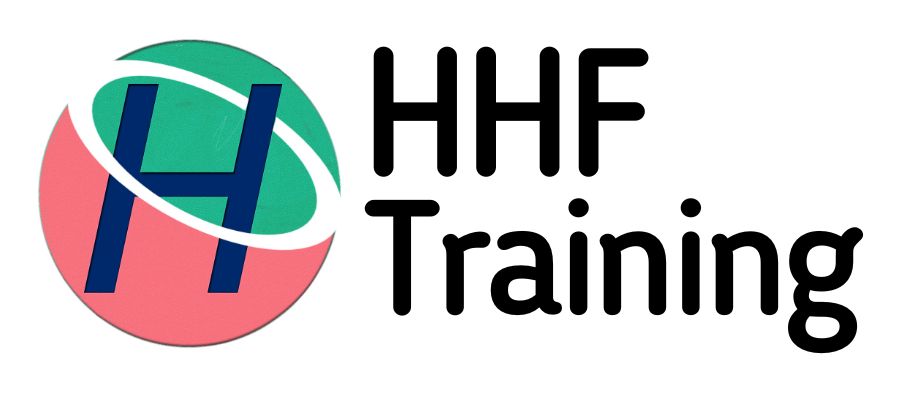Level 3 Diploma in Adult Care
The Level 3 Diploma in Adult Care is a UK-accredited qualification designed for those working in adult care settings in England. It is ideal for individuals looking to advance their careers by taking on more responsibility in various care settings. This qualification enables learners to deepen their understanding of person-centred care, communication, safeguarding, and other essential aspects of adult care.
Units to Complete
| Unit Name | Credits |
| Responsibilities of a Care Worker |
2 |
| Promote Communication in Care Settings |
3 |
| Promote Person-Centred Approaches in Care Settings |
6 |
| Promote Effective Handling of Information in Care Settings |
2 |
| Safeguarding and Protection in Care Settings |
3 |
| Duty of Care in Care Settings |
1 |
| Promote Personal Development in Care Settings |
3 |
| Promote Health, Safety, and Wellbeing in Care Settings |
6 |
| Promote Equality and Inclusion in Care Settings |
2 |
| Maintaining the Independent Advocacy Relationship |
6 |
| Support Individuals with Specific Communication Needs |
5 |
| Diabetes Awareness |
6 |
| Manage Team Performance |
4 |
| Carry Out Initial Assessments to Identify and Prioritise the Needs of Substance Misuse |
5 |
| Manage Physical Resources |
4 |
Who Should Enrol?
The Level 3 Diploma in Adult Care is suitable for:
- Individuals aged 16 and above working in adult care settings who want to advance their skills and take on more responsibility.
- Experienced care workers who want to formalize their expertise with a level 3 or above qualification.
- Care professionals aiming to deepen their knowledge in areas such as communication, safeguarding, and person-centred care, as well as leadership roles in care settings.
Qualification/Skill Level
This Level 3 qualification covers:
- Advanced communication principles, person-centred care, safeguarding, and handling information in care settings.
- Effective health, safety, and well-being practices in care environments.
- Specialized knowledge in areas such as managing team performance, supporting individuals with specific needs, and diabetes care.
- Leadership and management skills for those looking to take on supervisory or team-leading roles.
Learning Outcomes
Upon successful completion of the course, participants will:
- Understand and promote person-centred approaches in care, ensuring that care is tailored to individual needs and preferences.
- Develop advanced communication skills and ensure effective handling of information within care settings.
- Promote equality and inclusion, safeguarding and the health, safety, and well-being of individuals in care.
- Support personal development and manage team performance to ensure high-quality care delivery.
- Gain specialized knowledge in areas such as independent advocacy, diabetes awareness, and substance misuse assessment.
Prerequisites
To enrol in the course, you must:
- Be at least 16 years old.
- Have basic literacy and numeracy skills.
- Have access to an adult care setting to complete the practical assessments.
Awarding Organisation
An OFQUAL-approved national awarding organisation issues the qualification.
Reasons to Choose Us
- Our trainers are highly qualified, hold QTLS status, and have extensive experience in the health and social care sector.
- We provide high-quality training and continuous support throughout the course to ensure successful completion.
- Flexible learning options and ongoing support help learners balance their studies with work commitments.
Course Duration and Support
Participants have 12 months from the payment date to complete the course, with the option to finish earlier if desired. HHf Training provides ongoing email support, typically responding within 24 hours, and WhatsApp support during office hours (9 am to 6 pm, Monday to Saturday).
Delivery Methods
The course is delivered online, allowing learners to study independently. Practical assessments are conducted within a care setting.
Assessments
This qualification is assessed through a portfolio of evidence, which includes:
- Direct observation in the workplace.
- Written assignments and reflective accounts.
- Professional discussions and witness testimonies.
- Practical tasks demonstrating competence in key areas such as team management, communication, safeguarding, and promoting health and well-being.
★ Certificate Delivery Information
Upon successful completion of the qualification, printed certificates will be posted free of charge to UK addresses.
International learners are responsible for paying all courier charges, plus a 15% service and bank transaction fee to cover processing and handling. These fees must be settled before the certificate is dispatched.
